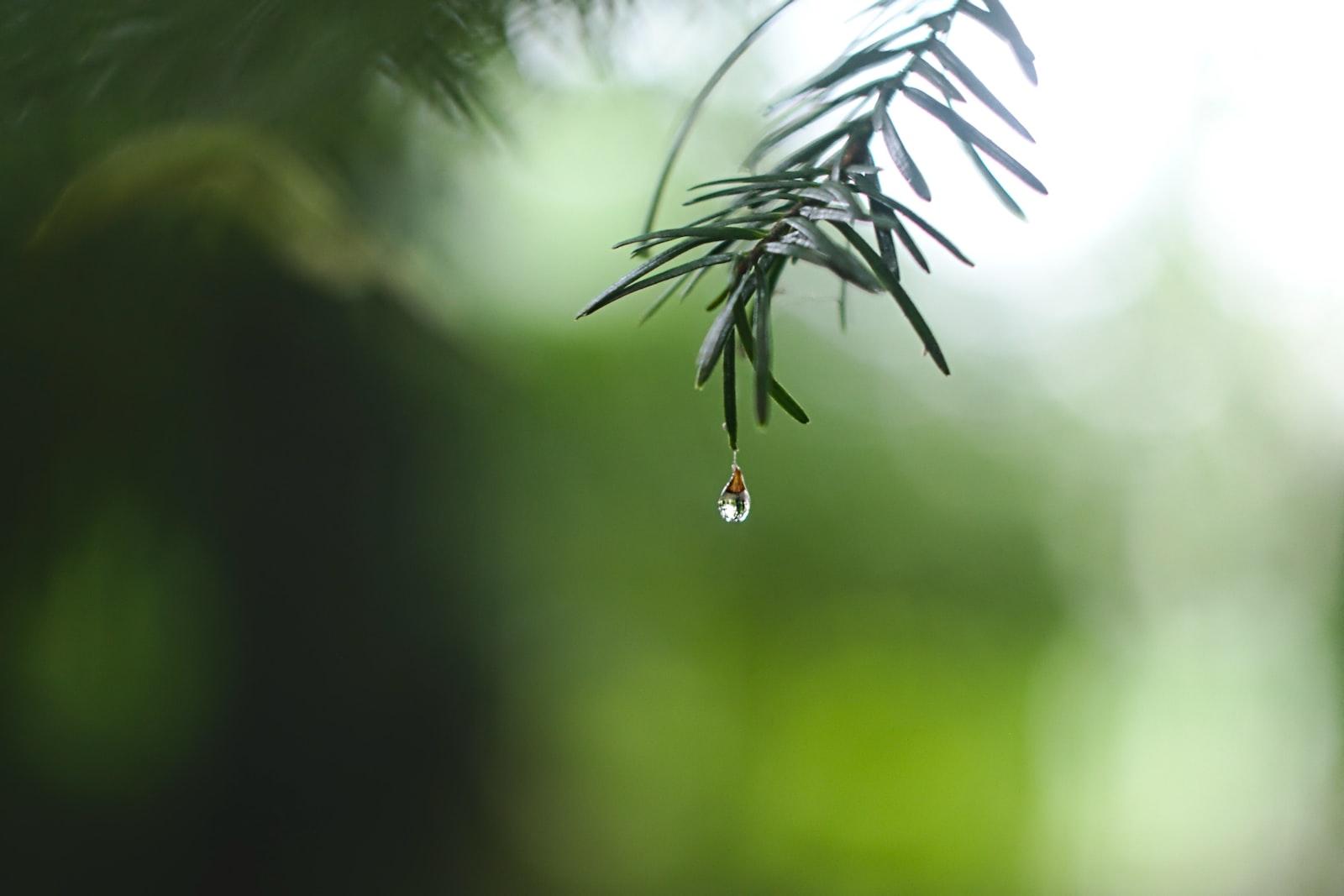Hunters who brave the elements know that hunting in the rain is not just challenging, it’s also risky for their equipment. Rainwater can cause significant damage, particularly to bows, which are sensitive to moisture. That said, proper bow care is essential after hunting in the rain to maintain its condition and prolong its lifespan.
In this article, we will explore simple yet effective ways to protect your bow from water damage and how to properly clean it after a rainy day of hunting. So, grab a cup of coffee, sit back and read on!
Table of Contents
Drying and Cleaning the Bow
After hunting in the rain, it is crucial to dry and clean your bow immediately. The bowstring should be wiped down with a dry cloth to remove any moisture that could lead to corrosion or rust. Meanwhile, the bow limbs and riser should be dried thoroughly with a towel or rag.
To prevent water from pooling inside the limbs or riser, you can use compressed air to blow out any residual moisture. Once everything is dry, apply a protective coating of oil or wax to your bow to further ward off any residual humidity that may harm your equipment.
Drying and cleaning your bow after a rainy hunt will extend its longevity and keep it in top working order for future hunts.
Protecting the Strings from Moisture Damage
It is essential to protect your bowstrings from moisture damage, especially after hunting in the rain. The best way to do this is by drying them thoroughly and storing them correctly. Start by wiping down the strings with a dry towel or cloth to remove any excess water.
Then use a hairdryer on low heat, keeping it at least a foot away from the string while you gently pull and twist it to release any trapped water. Once the strings are completely dry, apply a high-quality wax or string conditioner to prevent any moisture absorption.
Finally, store your bow in a cool and dry place, using a case or cover that allows proper ventilation to avoid trapping any lingering moisture. With proper care, you can extend the life of your bowstrings, ensuring they remain strong and reliable for future hunts.
Checking for Warping, Cracks, and Other Forms of Damage
After bow hunting in the rain, it is important to thoroughly inspect your equipment for signs of warping, cracks or other forms of damage. The moisture from the rain can seep into the wood of the bow and cause warping or swelling which can affect its accuracy and overall performance.
Cracks in the limbs or riser can also make the bow unsafe to use. Checking for these damages after each hunting trip ensures that you catch any potential issues and mitigate them before they become more severe.
Additionally, it’s advisable to store your gear out of damp areas until they’re completely dry since prolonged exposure to moisture may lead to rusting or corrosion on metal components like arrowheads or broadheads.
Applying Oil or Wax to the Bow to Prevent Rust
Applying oil or wax to the bow after hunting in the rain is vital to prevent rusting. The moisture from the rainfall can quickly cause corrosion on metal surfaces, including bowstrings and bows. If you are using a traditional wooden bow, it is essential to apply wax to protect it from water damage.
Similarly, if your bow has metallic parts like cams and risers, applying oil will help fend off rusting. You must clean your bow thoroughly before applying any oil or wax to ensure good adhesion. Repeating this process after every rainy hunt will help improve the longevity of your equipment and keep it in tip-top shape for years to come.
Storing the Bow in a Dry and Safe Place after Use
Storing the bow in a dry and safe place after bow hunting in the rain is crucial to ensure the longevity of the equipment. A wet bow can cause damage to its components, particularly if left damp for a long period. Excess moisture can cause rusting and corrosion on metal parts such as screws, bolts, and risers.
The string may weaken and stretch out if exposed to water frequently, causing issues with tension and accuracy upon firing an arrow. Therefore, it’s essential to clean the bow thoroughly after use, removing any dirt or debris that may have accumulated on it.
Once cleaned, store it in a dry spot where humidity is low and away from direct sunlight that may cause fading or warping of wood and other materials used in the construction of the bow. Proper storage protects your investment and makes sure you’re ready for your next hunting expedition without any hassle.
Conclusion
In conclusion, proper bow care after hunting in the rain is essential to maintain the longevity and performance of your gear. It is important to dry it thoroughly and lubricate any moving parts to prevent rust or corrosion. Protecting your bow from moisture can also prevent damage to strings or limbs.
By following these simple steps, you can ensure that your equipment remains in top condition for your next hunt, no matter the weather conditions.
